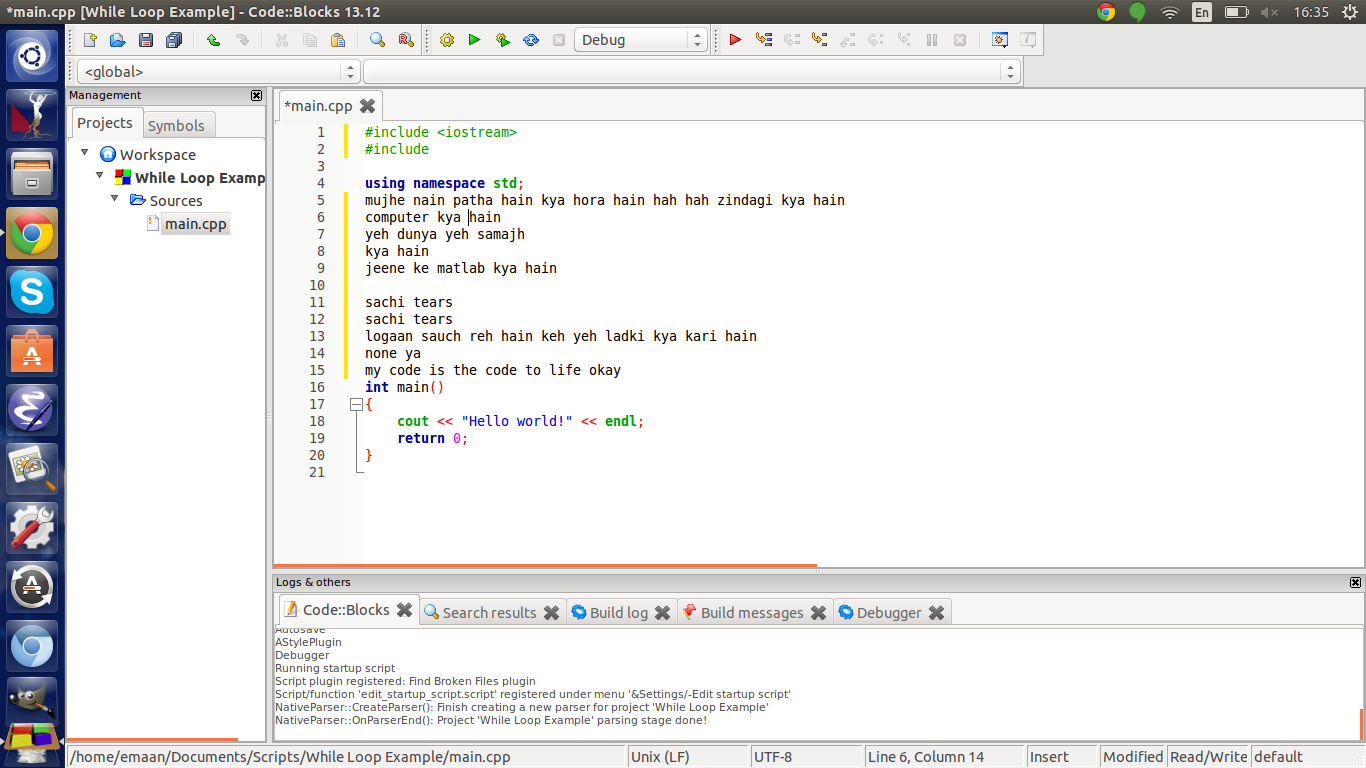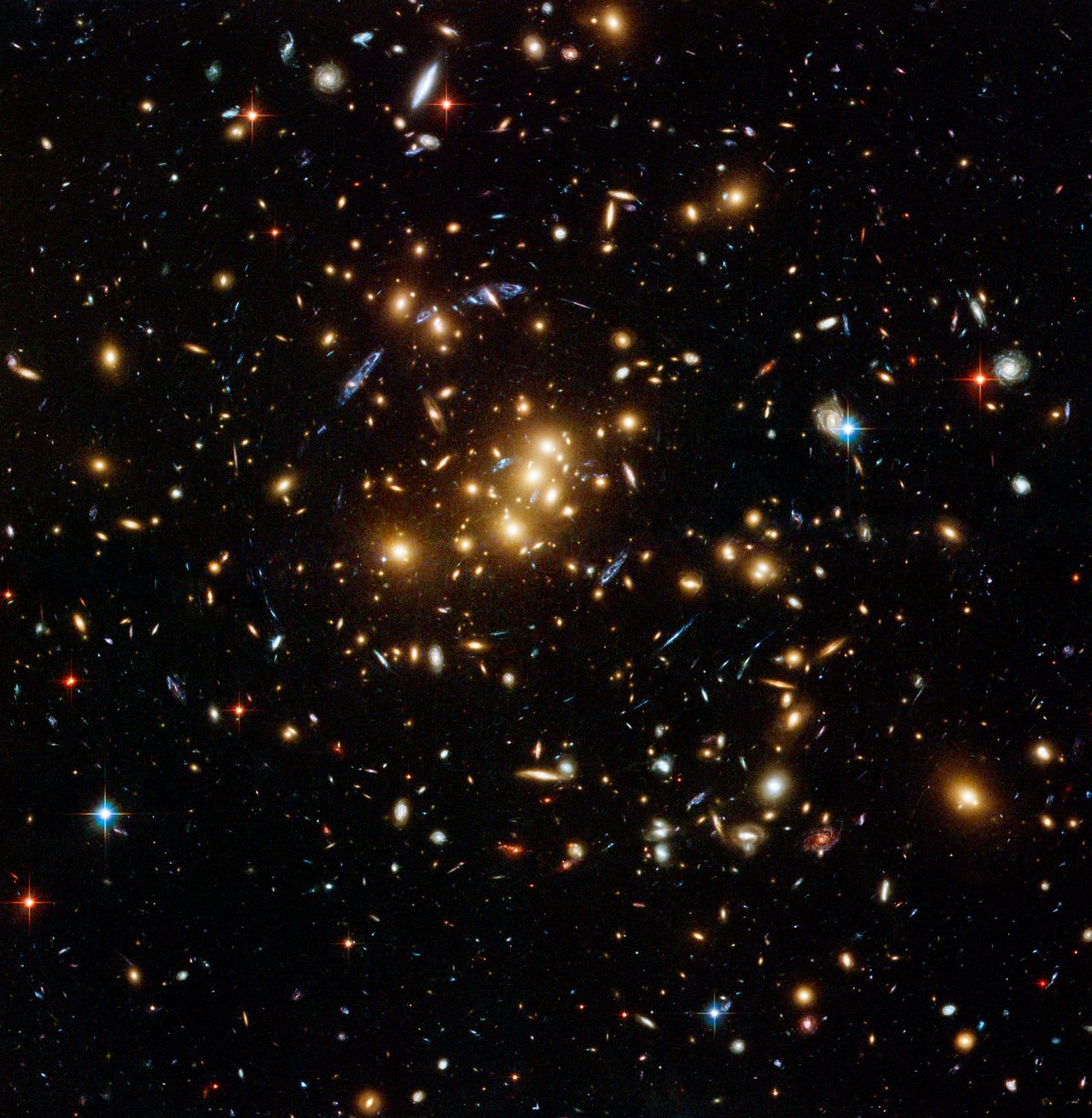What are you most proud of in your block presentation and/or your senior project? Why?
I am most proud about how I effectively spoke about the complex topic of primordial black holes. One of the concerns that my advisors had was not thoroughly explaining a lot of the concepts revolving my answers and questions. My research adviser tried to convince me to reduce the amount of content I had in my presentation. However, I didn't and I am glad I didn't. A majority of the feedback that I received after the presentation were comments about my ability to convey the concepts in a relatable manner. The audience genuinely enjoyed gaining insight on the topic.
What assessment would you give yourself on your block presentation (self-assessment)?
AE
What assessment would you give yourself on your overall senior project (self-assessment)?
P
What worked for you in your senior project?
My mentorship was the best aspect was the opportunity to work in a lab and research. This summer was the most challenging and enjoyable experience ever. Over the course of about two months I lived near UCLA with a few friends. I would spend the mornings at UCLA learning how to code, experimenting with software and operating systems, researching astrophysical concepts, and visiting in the lab. I had was learning everything from scratch, and it was incredibly rewarding. Of course, it was also very frustrating but that made new concepts and skills more valuable.
If you had a time machine, what would you have done differently to improve your senior project if you could go back in time?
What assessment would you give yourself on your block presentation (self-assessment)?
AE
What assessment would you give yourself on your overall senior project (self-assessment)?
P
What worked for you in your senior project?
My mentorship was the best aspect was the opportunity to work in a lab and research. This summer was the most challenging and enjoyable experience ever. Over the course of about two months I lived near UCLA with a few friends. I would spend the mornings at UCLA learning how to code, experimenting with software and operating systems, researching astrophysical concepts, and visiting in the lab. I had was learning everything from scratch, and it was incredibly rewarding. Of course, it was also very frustrating but that made new concepts and skills more valuable.
If you had a time machine, what would you have done differently to improve your senior project if you could go back in time?
During the second semester, I lost speed a little bit. I wish that I focused on maintaining my discipline.
How has the senior project been helpful to you in your future endeavors? Be specific and use examples.
How has the senior project been helpful to you in your future endeavors? Be specific and use examples.
During the middle of my senior project, I began to consider other career opportunities. I was specifically inclined to data analysis in the field of Economics. However, as my senior project went on I realized that astrophysics is for me. I don't if I would stick with astrophysics if it wasn't my senior project topic. I also built a lot of connections within the field.



